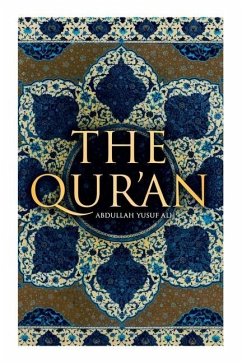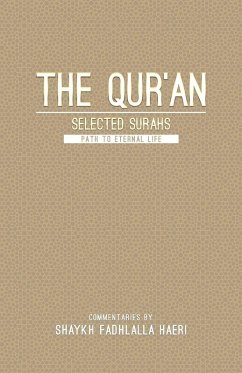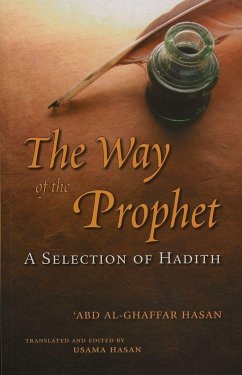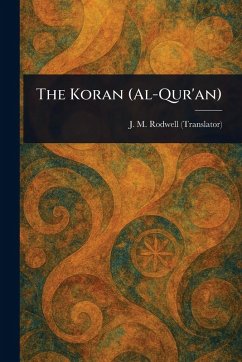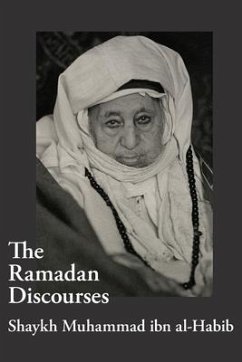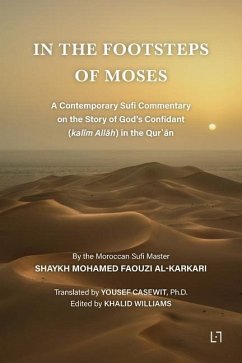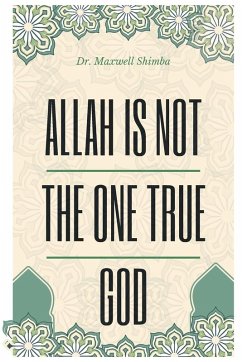
The Prophet's Whistle
Late Antique Orality, Literacy, and the Quran
Versandkostenfrei!
Versandfertig in über 4 Wochen
84,99 €
inkl. MwSt.

PAYBACK Punkte
42 °P sammeln!
The Prophet's Whistle is a study of the ancient, nonliterary features of the Quran. George Archer uses observations from the anthropologies of living oral cultures, the cognitive sciences of literacy, and the study of other dead oral cultures. When the Quran appeared in the seventh century, it was a vocal recital performed by an unlettered man named Muhammad. The Prophet's Whistle shows that the thought systems of the Quran are oral, through and through, but by the end of the life of its Prophet, the Quran likewise hints at a personal and cultural embrace of writing and the mindsets of literat...
The Prophet's Whistle is a study of the ancient, nonliterary features of the Quran. George Archer uses observations from the anthropologies of living oral cultures, the cognitive sciences of literacy, and the study of other dead oral cultures. When the Quran appeared in the seventh century, it was a vocal recital performed by an unlettered man named Muhammad. The Prophet's Whistle shows that the thought systems of the Quran are oral, through and through, but by the end of the life of its Prophet, the Quran likewise hints at a personal and cultural embrace of writing and the mindsets of literate people.



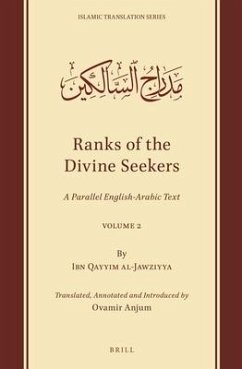
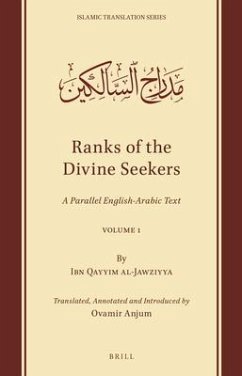
![Fiqh - According to The Shafii school of Islamic Law (Vol.1) [Islamic Jurisprudence] Cover Fiqh - According to The Shafii school of Islamic Law (Vol.1) [Islamic Jurisprudence]](https://bilder.buecher.de/produkte/71/71721/71721186n.jpg)
